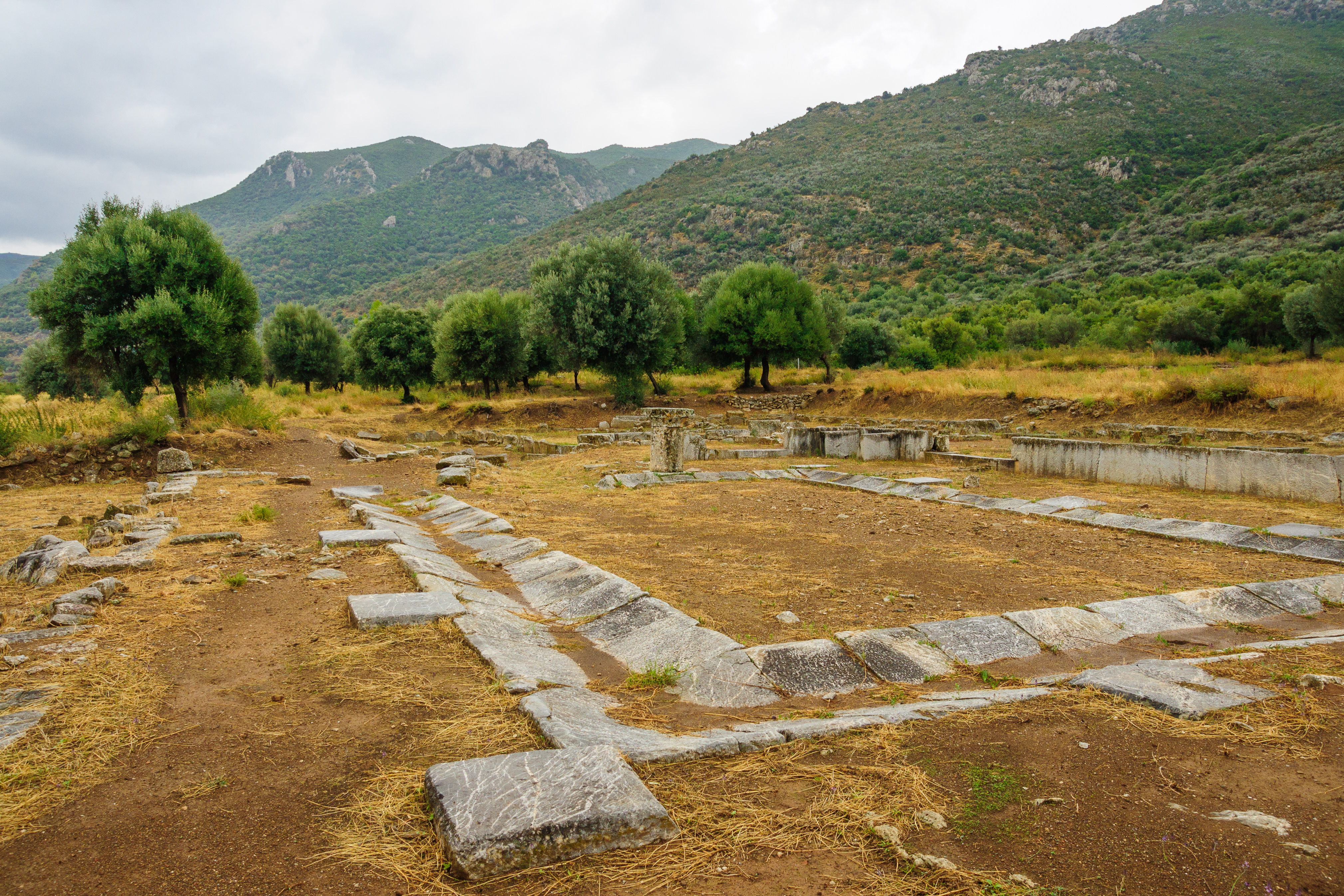Argos – One of the Oldest of All the Ancient Greek City-States
Comments Off on Argos – One of the Oldest of All the Ancient Greek City-States
 Argos is a city-state that first rose to prominence during the Mycenaean era in Greece, which is much earlier than the classical period. By the time the classical era of Greece came about, there were around one thousand city states that could be found all over Ancient Greece. However, by the time the classical era came about, Argos was already well established. After all, it was a prominent city-state during the time of the Trojan War, which take place during Mucenaean Greece. It has actually been inhabited since the Neolithic period. Here’s more information about this city-state:
Argos is a city-state that first rose to prominence during the Mycenaean era in Greece, which is much earlier than the classical period. By the time the classical era of Greece came about, there were around one thousand city states that could be found all over Ancient Greece. However, by the time the classical era came about, Argos was already well established. After all, it was a prominent city-state during the time of the Trojan War, which take place during Mucenaean Greece. It has actually been inhabited since the Neolithic period. Here’s more information about this city-state:
Strategic Geography of Argos
Argos was located on the Peloponnese, a peninsula in Ancient Greece in a region referred to as the Argolis. Ancient Greece as a whole is mostly made up of mountains, which means that there aren’t many regions that are actually fertile. Argos, however, is located in a very fertile area, which could be one reason why it is one of the earliest city-states. The fact that it was fertile meant that people would settle here because they knew they would be able to work the land for food. However, it was also surrounded by mountains and had access to the sea. In other words, Argos had a very strategic location.
Pheidon Takes Power from the Monarchy
One of the notable events in the history of the Argos city-state is when Pheidon rose to power. In the 7th century B.C., Argos at the time was ruled by a monarchy that had very minimal power. Pheidon seized whatever power they had and became a notable dictatator. He was a true tyrant who eventually lost his life in a battle in Corinth. However, he was still able to wreak a considerable amount of havoc before he lost his life.
Argos and Sparta Were Rivals
Like many city-states in Greece, one of their biggest rivals was the formidable city-state of Sparta. During the 6th and 7th centuries B.C., Argos was at its height. At the time, Sparta was a prominent city-state, as well. Since Argos was strong, and had such a strategic position, Sparta became one of its most formidable rivals.
However, Argos realized it couldn’t stand alone against the military powerhouse. Instead, Argos created an alliance with other nearby city-states. For a time, Argos would defeat Sparta in battle, but this didn’t last. Sparta was finally able to win a battle against Argos in the 6th century B.C. It was with this defeat that Argos began to lose their influence with the other city-states.
Argos Rises in Power Once Again
By the time the 5th century B.C. came about, Argos began to gain some of this power back. They began to conquer their nearby city-states – the very city-states that were once their allies back in the 7th and 6th centuries.
Argos was one of the oldest city-states in Ancient Greece, and it has a long history. It even played a part in the ancient story of the Trojan War. Mycenae, the ancient civilization, was located just north of Argos. As a result of their long history, Argos was also a part of some of the most famous stories in Greek mythology, such as the Trojan War itself and also the event where Perseus slayed the mighty Medusa.
Sources:
Categorized in: Ancient Greek History
This post was written by Greek Boston
Share this Greek History Article:





